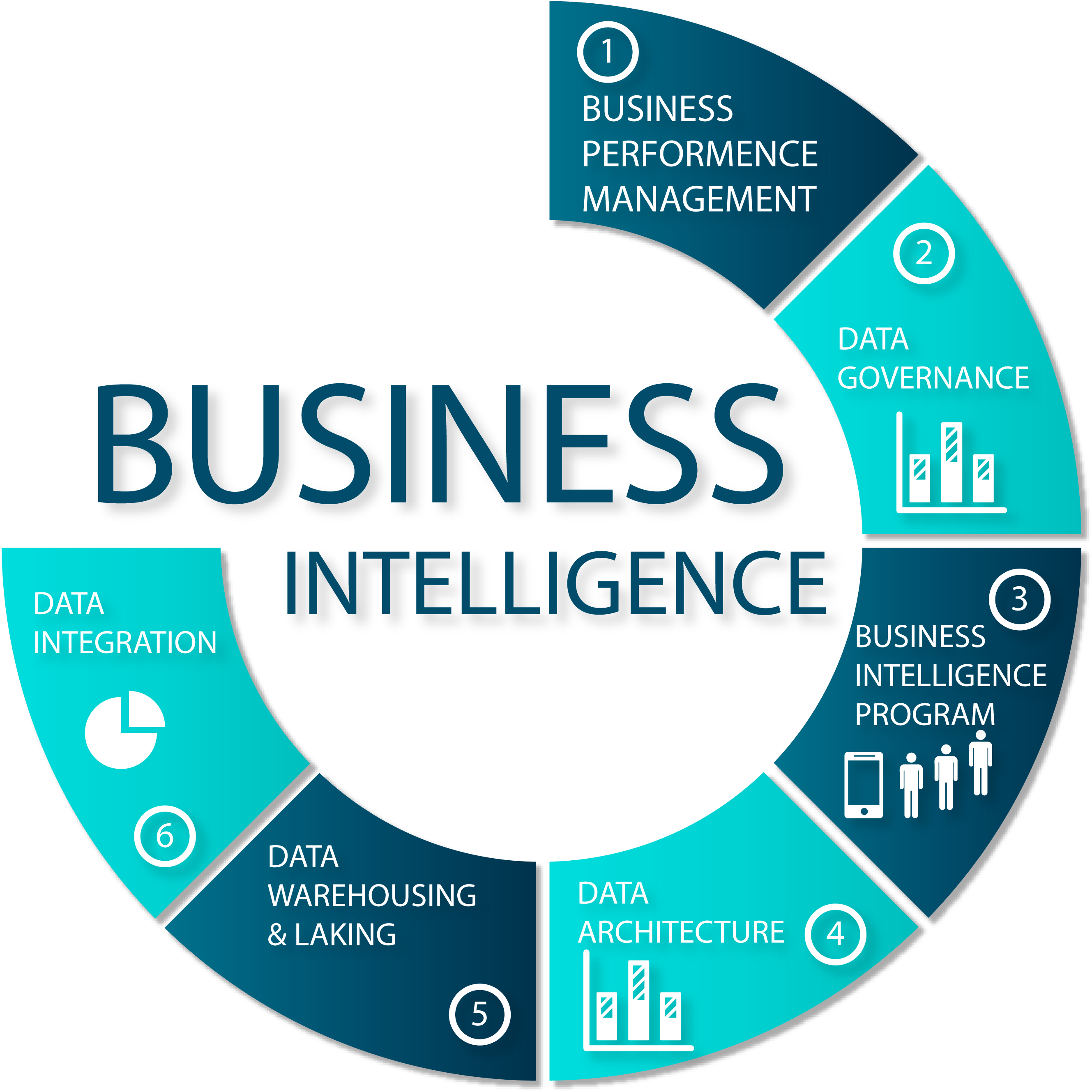Bilytica # 1 is one of the top Business Intelligence Analyst strategic planning is essential for organizations to navigate uncertainties, capitalize on opportunities, and achieve their long-term objectives. Business intelligence (BI) plays a pivotal role in strategic planning by providing insights derived from data analysis, enabling informed decision-making, and guiding the formulation of effective strategies. In this article, we explore the multifaceted role of business intelligence in strategic planning and its significance for organizational success.
Click to Start Whatsapp Chat with Sales
Call #:+923333331225
Email: sales@bilytica.com
Bilytica #1 Business Intelligence Analyst

Data-Driven Decision Making
-
- Business Intelligence Analyst serves as a cornerstone for data-driven decision-making in strategic planning processes. By aggregating, analyzing, and visualizing data from various sources, BI tools empower decision-makers to derive actionable insights and make informed choices.
- BI enables organizations to identify trends, patterns, and correlations within their data, helping them understand market dynamics, customer behaviors, and industry trends. These insights inform strategic decisions related to market expansion, product development, and competitive positioning.
Market Analysis and Competitor Intelligence
-
- Business intelligence enables organizations to conduct comprehensive market analysis and competitor intelligence, providing critical information for strategic planning. BI tools gather data on market trends, customer preferences, and competitor strategies, enabling organizations to identify opportunities and threats in their industry.
- Through competitive benchmarking and analysis, BI helps organizations understand their relative market position, assess competitor strengths and weaknesses, and identify areas for differentiation. This information guides strategic decisions regarding market segmentation, target audience identification, and competitive positioning.
Performance Monitoring and KPI Tracking
-
- Business Intelligence Analyst performance monitoring and tracking of key performance indicators (KPIs), providing real-time insights into organizational performance. By monitoring KPIs such as revenue growth, profitability, customer satisfaction, and operational efficiency, organizations can assess their progress towards strategic objectives and identify areas requiring improvement.
- BI dashboards and reports offer visual representations of KPIs, enabling stakeholders to track performance trends, identify anomalies, and drill down into underlying data. This visibility into performance metrics enhances accountability, transparency, and alignment with strategic goals.

Risk Management and Scenario Planning
-
- Business intelligence supports risk management and scenario planning by analyzing historical data, predicting future trends, and simulating potential outcomes. BI tools enable organizations to identify and assess risks, anticipate market disruptions, and develop contingency plans to mitigate adverse impacts.
- Through predictive analytics and scenario modeling, Power BI Services in Saudi Arabia helps organizations anticipate changes in market conditions, customer preferences, and regulatory environments. This foresight enables proactive risk management and strategic decision-making, reducing uncertainty and enhancing organizational resilience.
Customer Insights and Relationship Management
-
- BI provides valuable customer insights that inform strategic decisions related to customer acquisition, retention, and relationship management. By analyzing customer data, organizations can identify high-value segments, personalize marketing efforts, and optimize customer experiences.
- BI tools integrate data from multiple sources, including sales transactions, customer interactions, and social media, to create comprehensive customer profiles. These insights enable organizations to tailor products, services, and marketing campaigns to meet the needs and preferences of their target audience.
Resource Allocation and Optimization
-
- Business intelligence facilitates resource allocation and optimization by analyzing resource utilization, identifying inefficiencies, and optimizing resource allocation. BI tools enable organizations to allocate resources effectively across departments, projects, and initiatives, ensuring alignment with strategic priorities.
- Through cost analysis, budget forecasting, and resource optimization, BI in Saudi Arabia helps organizations optimize their investment decisions and maximize return on investment (ROI). This optimization of resources enhances operational efficiency, agility, and competitiveness in the marketplace.
Conclusion
Business intelligence plays a pivotal role in strategic planning by providing data-driven insights, market analysis, performance monitoring, risk management, customer insights, and resource optimization. By leveraging BI tools and technologies, organizations can make informed decisions, anticipate market trends, mitigate risks, and capitalize on opportunities, driving sustainable growth and competitive advantage. As businesses continue to navigate evolving market dynamics and digital transformation, the strategic importance of business intelligence in driving organizational success will only continue to grow.
Click to Start Whatsapp Chat with Sales
Call #:+923333331225
Email: sales@bilytica.com
Business Intelligence Analyst
Business Intelligence Analyst
Business Intelligence Analyst
6-5-2024




